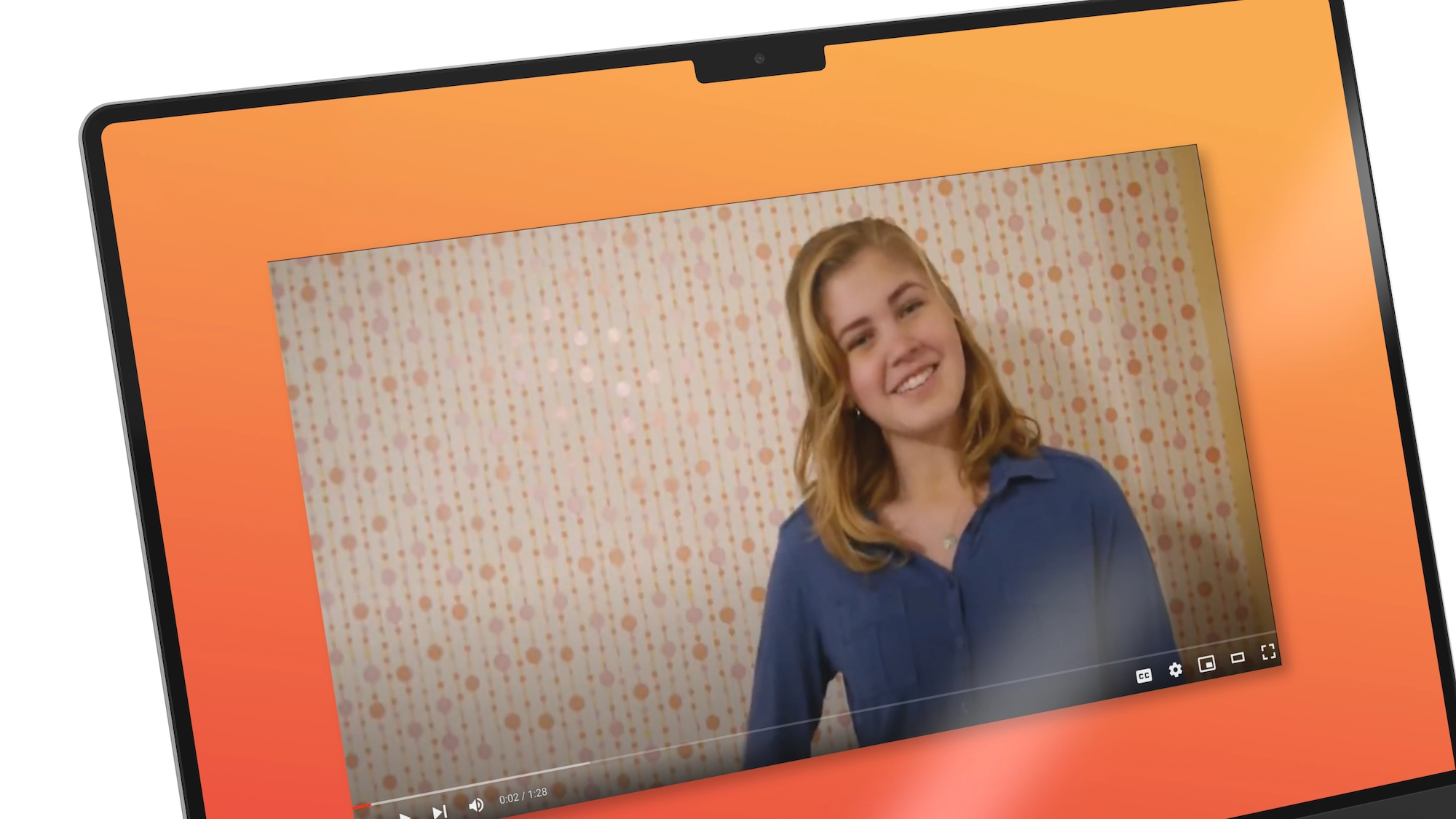Why Teen Girls and Minorities Should Pursue STEM

This article is by Wendy Ho, incoming freshman at Princeton University and marketing intern at MIT Launch. Never have I felt more behind than when I first started learning how to code. When I went to hackathons or coding competitions as a complete beginner—not knowing anyone else in the community—I felt like I didn’t quite belong. Most of the people in the tech space were male, and as a female with limited experience in programming, I felt like I wasn’t meant to be there.
Most of the people in the tech space were male, and as a female with limited experience in programming, I felt like I wasn’t meant to be there.
This feeling of insecurity is what is known as “imposter syndrome.” Often, women and people of color feel like they don’t belong in a space or industry that is typically homogenous and predominantly white—they feel like imposters. However, I’ve since discovered that being a minority in a space is not always such a disadvantage. It’s true that data shows a shocking lack of diversity in the STEM world. For instance, only 3% of Google’s employees are Hispanic and 2% are African American, even though according to the 2010 US Census, 16% of the population is Hispanic and 12% is black. Moreover, the average percentage of women in major technology companies is only 29%. And, while we all like to think of the tech industry as a purely meritocratic world, this view ignores the other societal factors at play, since only those who have a laptop can teach themselves how to code.
3% of Google’s employees are Hispanic and 2% are African American, even though 16% of the population is Hispanic and 12% is black.
This lack of diversity is not a simple “pipeline problem"—women and people of color do pursue degrees in STEM fields. At Stanford, around 30% of computer science majors are women. And at Harvey Mudd College, a whopping 55% of computer science majors are women. The issue lies in how welcomed and comfortable women and people of color feel in the technology space.
The lack of diversity in tech is not a simple 'pipeline problem'—women and people of color do pursue degrees in tech fields.
However, being a member of an underrepresented community is not always such a curse. Diversity actually makes us all stronger, better, and smarter. According to a report conducted by McKinsey, one of the largest and most prominent business consulting firms, companies that are in the top quartile for ethnic diversity are 35% more likely to outperform their competitors on financial return. Similarly, companies that are in the top quartile for gender diversity are 15% more likely to outperform competitors. When women and persons of color quit learning computer science because they feel like they don’t belong, or women feel unwelcome in the business world, the industry as a whole loses an important voice—and that leaves us all weaker.
Companies that are in the top quartile for ethnic diversity are 35% more likely to outperform competitors.
How do we overcome this feeling of not belonging in order to raise our voices and deliver impact? How did I eventually realize I had something to offer the world by learning how to program? I built a community and I focused on what I wanted to make.
Building a community of like-minded people helped me to overcome my imposter syndrome.
I went to an all-girls high school where I founded a coding club. When I founded the club, I barely knew anything about programming. Because I really wanted to learn to make apps and program, I found other girls who also wanted to learn to code and we ended up learning together. Then, I sought out courses and events specifically aimed at bringing women in technology together. By surrounding myself with other young women who wanted to learn how to code, I began to see myself not only as someone who could code but also as someone who should code. If I were to go back in time and give my younger self a bit of advice as she was starting to learn to code, I would tell her this: you belong here.
I began to see myself not only as someone who could code but also as someone who should code.
My experience as a young woman lets me think of solutions and ideas that my male peers might not have considered. What I didn’t realize at the time was that, even if technology or computer science is not someone’s passion, learning how to code is vital in the world we live in today, because it allows people to turn any idea they have into a reality—quickly and cheaply. Computer science isn’t just for boys who love video games, but also for people, like me, who love solving problems and want to make something of their own. Are you interested in exploring your passion for tech and entrepreneurship? Start a Launch Club at your school to receive the guidance and mentorship you need to turn your ideas into reality.





